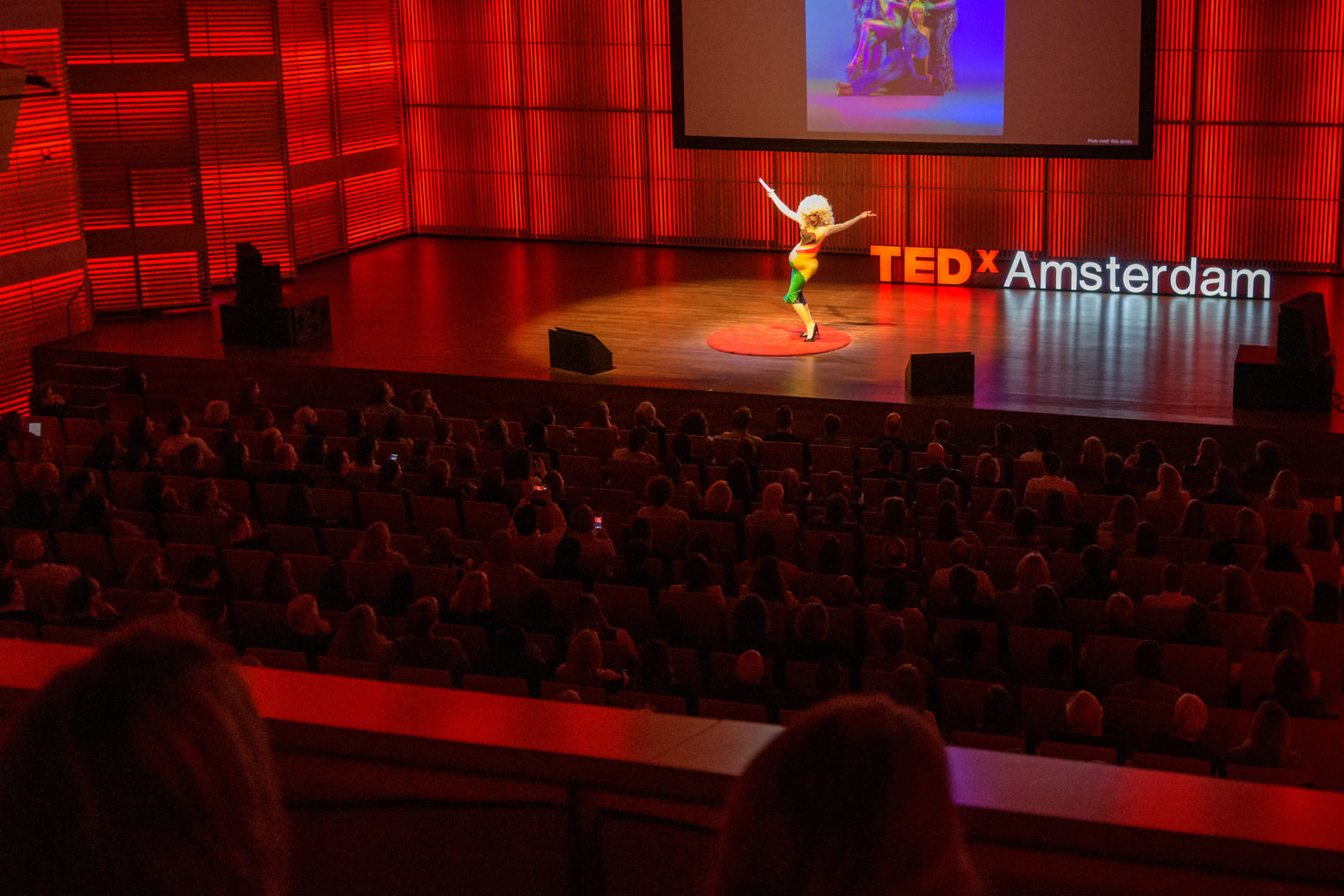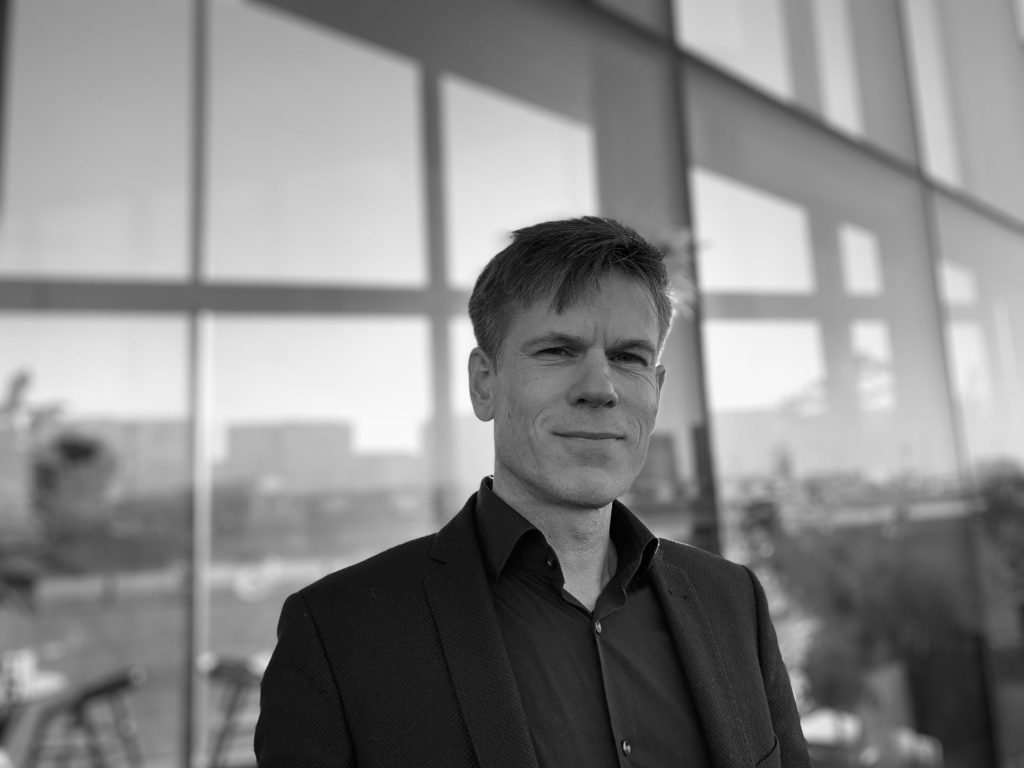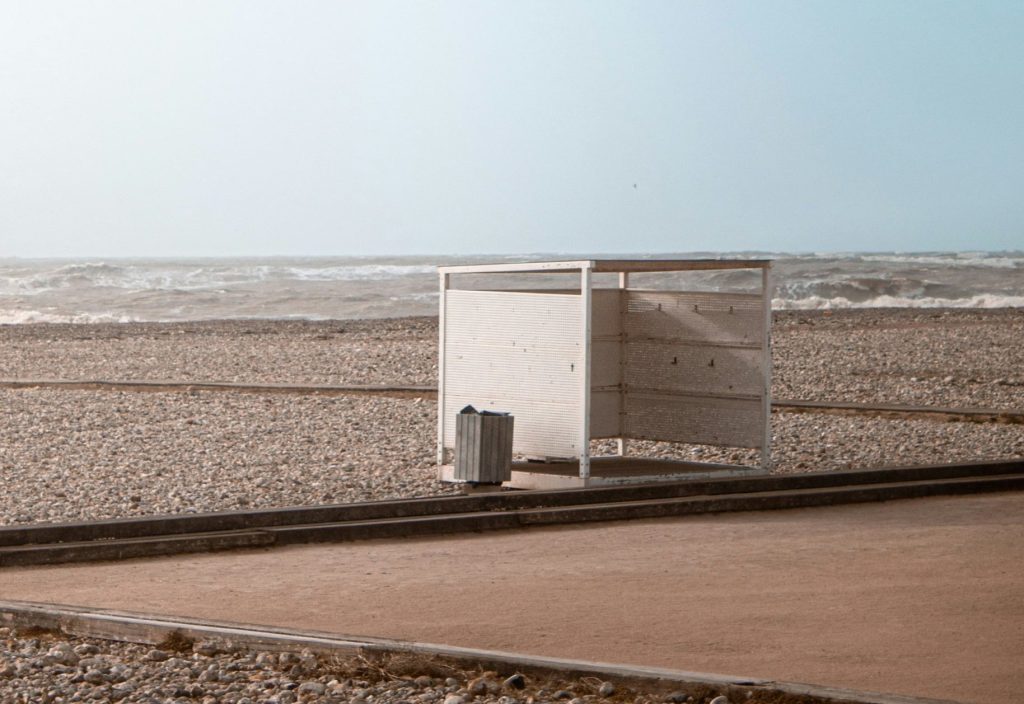In this interview, Marlou ter Berg (co-founder Kees de Boekhouder) will talk about a new partnership with TEDxAmsterdam. She’ll share her experience from an organisation that innovates the market, her experience on the issues that innovation entails, and why the collaboration with TEDxAmsterdam is such a logical one.
Back in time! What does innovation look like in your business?
In 2009, Kees Monteban and I started Kees de Boekhouder, as the ‘new kid on the block’. The idea was innovative within the administrative world: doing your bookkeeping with insight into and personal responsibility for your finances. With a personal bookkeeper who checks everything, and files your tax returns. We do what’s needed, without any unnecessary costs. For many self-employed entrepreneurs accounting and the associated tax obligations are a difficult and unclear subject. We can change that, we thought. The collaboration, in which we not only connect customers but also give them ownership, makes it unique.
The first major difference between us and regular accounting offices? You no longer had to submit your receipts and pay a bookkeeper to register these receipts to your administration. We actually encouraged people to book the receipts themselves, and we still do. Ownership over your administration gives you peace of mind. In the early years, we had tote bags saying ‘Minding my own booming business’, and this is still the essence really. We’ve connected more than 10,000 entrepreneurs to our organisation, who have all decided to start their own business and to determine their own course.
We have tailored the accounting process to what freelancers or self-employed people need, without them paying for services they don’t even use. We put an emphasis on independence, and are there for you when you do need a personal bookkeeper. We’ve dusted off all information about tax obligations, and transformed it into a service that’s fresh, comprehensible and accessible. The qualities of our people and our involvement provide comfort to entrepreneurs of this generation.
The key to success
In addition to ownership, we’ve worked, from the start, with self-developed software and (at the time) Excel, as there were no accounting systems that supported our processes. So we decided to build one ourselves. Our system is intuitive for both the bookkeeper and the customer. Actually, that’s the most innovative aspect: an interplay of elements that makes financial services accessible. We deliver on that promise and we succeed immediately. It’s what distinguishes us from the typical grey suits, especially in combination with the type of bookkeepers we employ. We then expanded Kees de Boekhouder into a service for self-employed people and small entrepreneurs throughout the Netherlands.
Your office was born from innovation. Can you elaborate on how that works as you grow? How do you preserve such a thing?
Our way of thinking, the idea with which we founded Kees de Boekhouder, remains intact. We notice that as we grow, with currently approximately 100 colleagues, it becomes increasingly difficult to maintain that original feeling. Yet our corporate culture, in which everyone feels comfortable and can be themselves, remains the same. And that’s also a breeding ground for exchange, room and perspectives. This is also where the company’s strength lies: people continue to work here, even at a time when many people are changing jobs. We think it’s important that people enjoy working here.
I also find the term ‘innovative’ quite tricky. We stay sharp and question what’s considered normal, and whether that’s also the norm. Here, 4-day workweeks are standard, as is 6 months of maternity leave. Innovation is not just about technology or reinventions. At Kees de Boekhouder, innovation lies in the concept and the expansion of that same promise and same services on a national scale. This can takes years, but we’re still at the forefront in terms of the idea and the implementation.

What valuable lessons have you learned while innovating within an existing sector?
When you choose a direction, keep a clear head and always stay focused on the course you set out, you’ll consistently build something: your idea in its optimal form. Maintaining and expanding that idea requires quite a bit of effort. And our proposition isn’t a simple one either: we’re not just a tool, but also provide a service in the form of personal bookkeepers. We’re basically somewhere between SaaS and service provider. Scaling that up requires quite a bit of strength. But we have a clear target in sight to work towards when making decisions.
At Kees de Boekhouder we’ve taught ourselves to look ahead with everything we do. We ask ourselves: “If I do this now, what will it look like in 5 years?”. Acting according to the bigger plan is essential, even if it may seem less practical in the short term. We choose a clear structure and want to be absolutely sure that the choice we make for 10,000 users also remains valid for 50,000 users. And we adjust where needed.
How do you use these lessons to continuously keep innovating and stay ahead?
Innovating is one thing, but to develop things properly and really make them work, you need time. Kees and I consciously took that time and planned the growth at a pace that felt good to us. For the further development of Kees de Boekhouder, we welcomed a shareholder with a lot of technical knowledge. A new partner makes you see things clearer, which allows you to take the next steps.
Innovation takes time and awareness. When I look at something like TEDxAmsterdam’s Impact Program, that’s amazing for starting entrepreneurs. It forces you to make your idea concrete, and that’s exactly what a program like that does. An idea is one thing, getting a clear view of the right form is something else.
It’s important to continue to think for yourself and be open to new ideas. How can we use this to improve our services? The rise of AI is an example of this. It’s here, and it’s better to use and integrate it. We believe taking action is essential and remaining flexible is a must.
In what way is a collaboration, such as the one with TEDxAmsterdam, of value to you?
Our biggest challenge in attracting new customers is closely related to the industry in which we operate. How would you choose a bookkeeper? Especially one you’ve never met and that may not be located in your city? For us, it’s all about building trust in the brand, and that’s what we’re good at. We work together with various organisations in the creative sector, such as DuPho, ADAM&Co. and TEDxAmsterdam, to reach entrepreneurs in various ways and to make them more aware.
The collaboration with TEDxAmsterdam adds value in a few ways. At TEDxAmsterdam everything starts with thinking and questioning, which is an essential part of our own business operations. The Impact program is something I fully support. Not only does it encourage people to have ideas, but they also get guidance in the implementation of those ideas. That’s how we see our work as well. Entrepreneurs are supported in various areas, including mapping their finances. It’s about having a plan and vision, about being a true pioneer and taking the reins into your own hands: about ownership.
Together we organize inspiring events that make people think and that question the norm. What exactly is that norm? What should it be? The ability to think clearly about this is crucial. One of the most inspiring aspects is the pursuit of adding value. You really need to have the desire to do that. That’s something we share, and that is why we like working together.
If you could share a thing from your experience with the TEDx audience, what would it be?
The social construct in which you are either for or against something, greatly limits the available possibilities. Don’t be so quick to be taken in by what is suddenly considered the norm. What inspires me most, and makes me happy, is to keep thinking about what happens in the world around you every day, and what ways there are to experience or change that. You can have an opinion and at the same time continue to question your judgements. Judgements that are not questioned limit innovation. It clouds your vision and that’s a shame. Always question everything.


